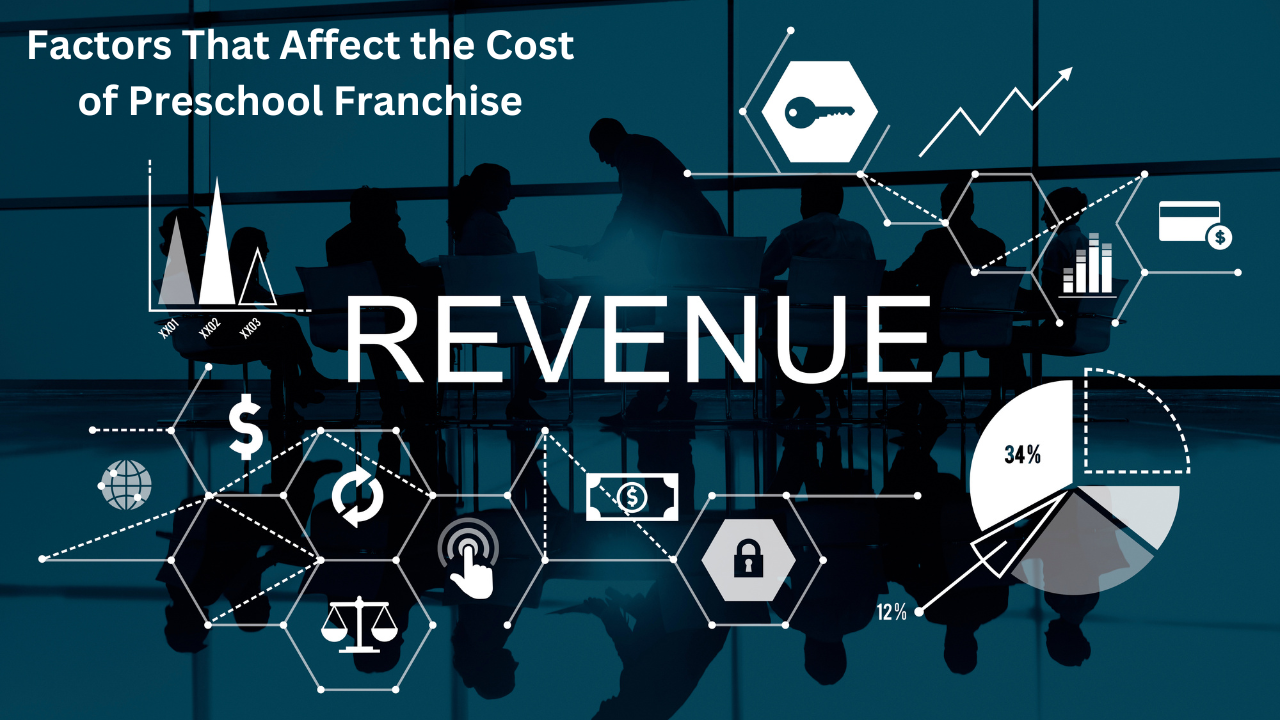Investing in a preschool franchise can be a fulfilling venture, both financially and socially. Not only do you have the opportunity to contribute to early childhood education, but you can also build a profitable business. However, the cost of opening a preschool franchise can vary significantly depending on several factors. Understanding these factors can help prospective franchisees make informed decisions and prepare for the financial commitment involved. In this article, we will explore the key elements that influence the cost of a preschool franchise.
-
Initial Franchise Fees
One of the most significant costs associated with starting a preschool franchise is the initial franchise fee. This fee is typically paid upfront when signing the franchise agreement. It can vary depending on the brand’s reputation, market demand, and the level of support provided by the franchisor. Well-established franchises with a strong brand presence often command higher fees due to the advantages they offer in terms of training, marketing, and operational support.
-
Location and Real Estate Costs
The cost of securing a suitable location for a preschool franchise is another critical factor. Different regions and cities have varying real estate prices, which can have a substantial impact on overall startup costs. Urban areas or suburbs with high population density often come with higher rental or property purchase prices. Additionally, factors such as proximity to residential neighborhoods, schools, and community centers can affect the appeal and cost of the location.
-
Facility Requirements
Preschool facilities must meet specific licensing regulations and safety standards, which can influence construction and renovation costs. Depending on the brand’s requirements, an existing facility may need significant upgrades to conform to these guidelines, or the franchisee may need to invest in a completely new building. The size of the preschool, including classrooms, play areas, and administrative spaces, will also affect costs.
-
Equipment and Supplies
Equipping a preschool with the necessary furniture, learning materials, and educational resources is a crucial aspect of startup costs. Items such as classroom furniture, toys, learning aids, playground equipment, and safety features need to be of high quality to promote a safe and engaging learning environment. The costs for these materials can vary widely, depending on the brand guidelines and the choices made by franchisees.
-
Training and Support
Most franchisors provide training programs to help new franchisees acclimate to the operational requirements of running a preschool. While this training is invaluable for ensuring the success of the business, it often comes with additional costs. Expenses may include travel costs, accommodation, and the price of training materials. Moreover, ongoing support may involve fees for consultation, workshops, or updates to operational procedures.
-
Staffing Expenses
Hiring qualified staff is essential for running a preschool. Personnel salaries, benefits, training, and recruitment costs can quickly add up. Additional costs include background checks and ongoing professional development courses to ensure staff qualifications meet regulatory requirements. The number of staff required will vary based on the size of the preschool, the age ranges of the children served, and the state’s licensing regulations.
-
Marketing and Promotion
Starting a new preschool franchise requires effective marketing strategies to attract families and build a solid reputation in the community. Initial marketing costs might include website development, promotional materials, local advertising, and event sponsorships. Continual marketing efforts, such as enrollment drives and community engagement activities, will also incur ongoing expenses.
-
Ongoing Royalties and Fees
In addition to the initial franchise fee, many preschool franchises require ongoing royalties, which are typically a percentage of monthly gross sales. These fees help to cover the brand’s overarching support and promotional activities. Franchisees must factor these into their budgeting as they can significantly impact overall profitability.
Conclusion
Opening a preschool franchise is a multifaceted endeavor that requires careful consideration of various financial factors. By understanding the initial and ongoing costs associated with franchise fees, location, facility requirements, equipment, staffing, and marketing, prospective franchisees can create a comprehensive budget and prepare for the challenges that lie ahead. Additionally, researching different franchisors and their support systems can aid in making informed decisions. With the right preparation and a clear understanding of the associated costs, opening a preschool franchise can be a rewarding venture that serves both the community and your entrepreneurial ambitions.
